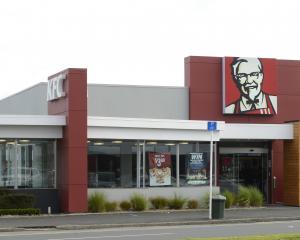If senior doctors' national agreement is not settled by a week before the general election they may reconsider industrial action.
After months working on a strategy to get more specialists to stay in New Zealand, the district health boards and the Association of Salaried Medical Specialists have been unable to agree on salaries.
The boards' offer of a 12-month agreement from July with a salary increase of 1.7%, and removal of the first four steps of the salary scale was rejected in May.
In its latest newsletter to members the association national executive advises it has ruled out industrial action in August-September. It considered this premature, partly because of "tentative moves" by the DHBs to engage again.
Other considerations were the general anxiety and trauma associated with the Christchurch earthquakes and the need to continue to promote the importance of the business case document developed by boards and the union outlining the specialist retention strategy.
There was a need to address the effects of "misleading and erroneous" statements by the boards over both the costs of the business case and the effect of earthquake spending on health funding, the newsletter said.
The association executive has opted to further promote the importance of the business case through focusing on the risks and costs to the health system if the document is not used as a blueprint for the health system.
Executive director Ian Powell said there was a high level of anger and annoyance among national executive members over the conduct of boards in late April and May, but they were also aware anger was not a sound basis for determining strategy and tactics.
If a settlement was not reached by the time of the association annual conference in Wellington on November 17 and 18, then that would be an opportunity to "reassess our direction including consideration of forms of industrial action", the newsletter said.
The boards' offer, which was rejected, would cost about $18 million across the country, but the association wanted $40 million spent this year and a total of $360 million spent over three years.




